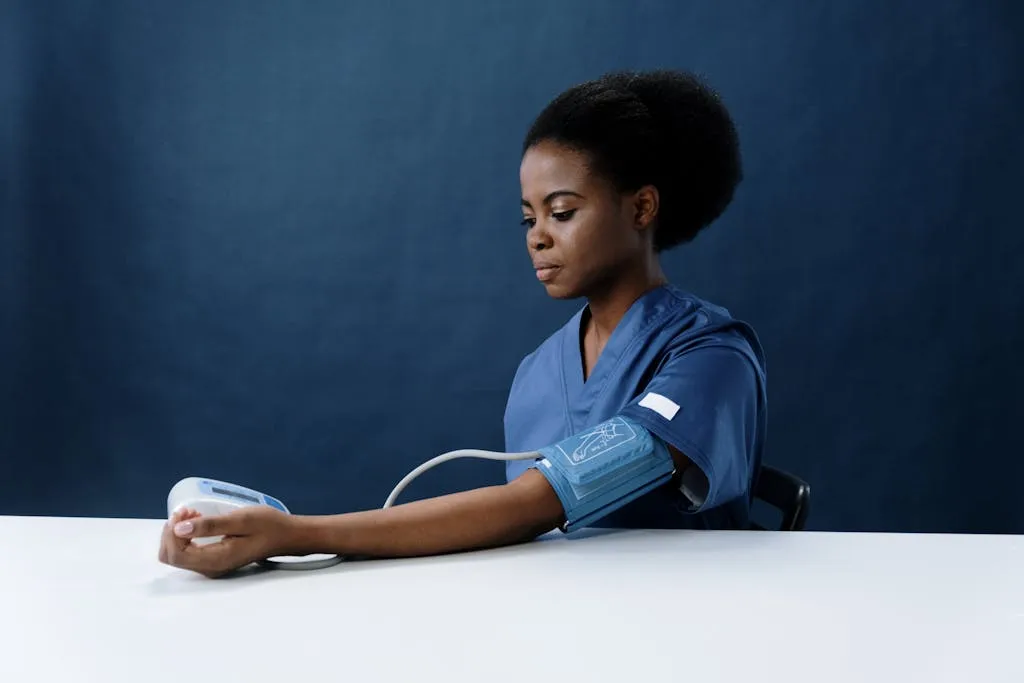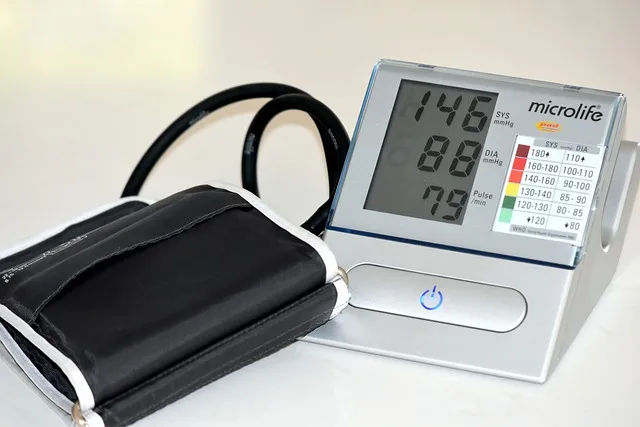Angiotensin II receptor blockers (ARBs) are a widely prescribed class of oral medications used to treat high blood pressure (hypertension), heart failure, and chronic kidney disease.
Another group of blood pressure medications, called angiotensin-converting enzyme (ACE) inhibitors, produce similar effects to ARBs, but work differently. Therefore, ARBs are often prescribed as a safe alternative to ACE inhibitors in people who experience ACE inhibitor-related facial swelling and persistent cough.
How do angiotensin II receptor blockers (ARBs) work?
Angiotensinogen, a protein produced by your liver, can be broken down by an enzyme from your kidneys to form angiotensin I. Angiotensin I is transported around the body by your blood. In the lungs, it is converted to angiotensin II by angiotensin-converting enzyme.
When angiotensin II binds to special proteins called AT1 receptors, it causes narrowing (constriction) of blood vessels and increased salt and water retention by your kidneys. ARBs counter these effects by blocking AT1 receptors. This widens blood vessels, easing blood flow, while also increasing the passage of salt and water in urine. These are important actions for maintaining low blood pressure and keeping your kidneys and heart healthy.
Who needs to take ARBs?
Your doctor may prescribe ARBs if you have:
- High blood pressure (hypertension)
- Heart failure
- Had a heart attack
- Diabetic kidney disease (diabetic nephropathy)
List of ARBs
Names of ARBs end in “-sartan”. Common examples include:
- Losartan (Cozaar)
- Telmisartan (Micardis)
- Valsartan (Diovan)
- Candesartan (Atacand)
- Azilsartan (Edarbi)
- Irbesartan (Avapro)
- Olmesartan (Benicar)
They are taken once or twice a day, depending on your health condition and how long the particular medication works.
ARBs are often combined with other antihypertensive medications to help improve blood pressure control. Manufacturers typically combine ARBs with hydrochlorothiazide (a diuretic) or amlodipine (a calcium channel blocker).
Valsartan is also combined with sacubitril, a drug from a newer class called neprilysin inhibitors. This combination, sold under the brand name Entresto, is used to treat heart failure.
What are the side effects of ARBs?
They are generally safe when taken according to your doctor’s or pharmacist’s instructions. Their most common side effect is low blood pressure (hypotension), a condition which can cause symptoms like:
- Headache
- Dizziness
- Fainting
- Fatigue
- Confusion
- Irregular heart beat
Other side effects of ARBs include:
- Back pain
- Muscle cramps
- Vomiting and diarrhea
- High blood potassium levels (hyperkalemia). This can also cause an irregular heartbeat.
- Kidney failure in people who already have narrowing in the blood vessels that supply the kidneys.
- Low white blood cell levels
- Difficult breathing, facial swelling, and an itchy skin rash. These symptoms may indicate an allergic reaction to the ARB. Seek immediate medical attention if you notice them, especially when they occur at the same time.
Are ARBs safe during pregnancy and breastfeeding?
No, ARBs are not safe to take during pregnancy. They can affect normal development of your unborn baby, causing complications like:
- Kidney failure
- Skull or skeletal deformities
- Incomplete lung development
- Oligohydramnios—a medical condition where there is little amniotic fluid surrounding the fetus.
- Stillbirth
There is limited evidence on the safety of ARBs during breastfeeding. However, their known properties and effects suggest they may be harmful to infants. As a precaution, doctors generally avoid prescribing ARBs to breastfeeding mothers, especially in the early weeks after delivery.
What medications should people on ARBs avoid?
Certain medications and supplements can reverse the actions of ARBs or worsen their side effects. While most people do not have to entirely avoid these medications, a doctor will determine what’s best for your condition and will guide you on how to take them safely.
The medications or supplements to avoid or take with caution include:
- Nasal decongestants, such as those containing pseudoephedrine and phenylephrine. These can counteract the blood pressure-lowering effect of ARBs.
- Potassium supplements, potassium-sparing diuretics, and ACE inhibitors. They increase your chances of getting hyperkalemia.
- Non-steroidal anti-inflammatory drugs (NSAIDs), such as ibuprofen and diclofenac. They not only increase your blood pressure, but also the likelihood of hyperkalemia.
- Aliskiren (Tekturna). This is a medication which blocks the enzyme that converts angiotensinogen to angiotensin I. It increases the risk of hyperkalemia, kidney failure, and low blood pressure.
- Other antihypertensive medications. They can further lower blood pressure, especially soon after being added to your treatment plan.
The bottom line
ARBs are effective medications for lowering blood pressure and protecting the heart and kidneys. They work by relaxing blood vessels and are often used when ACE inhibitors cause side effects.
Many people tolerate ARBs well, but they can sometimes cause back pain, high potassium levels, or low blood pressure.
If you take ARBs, follow your doctor’s advice and be cautious with other medications that affect blood pressure or potassium levels. Always talk to your doctor before starting or stopping ARBs.













